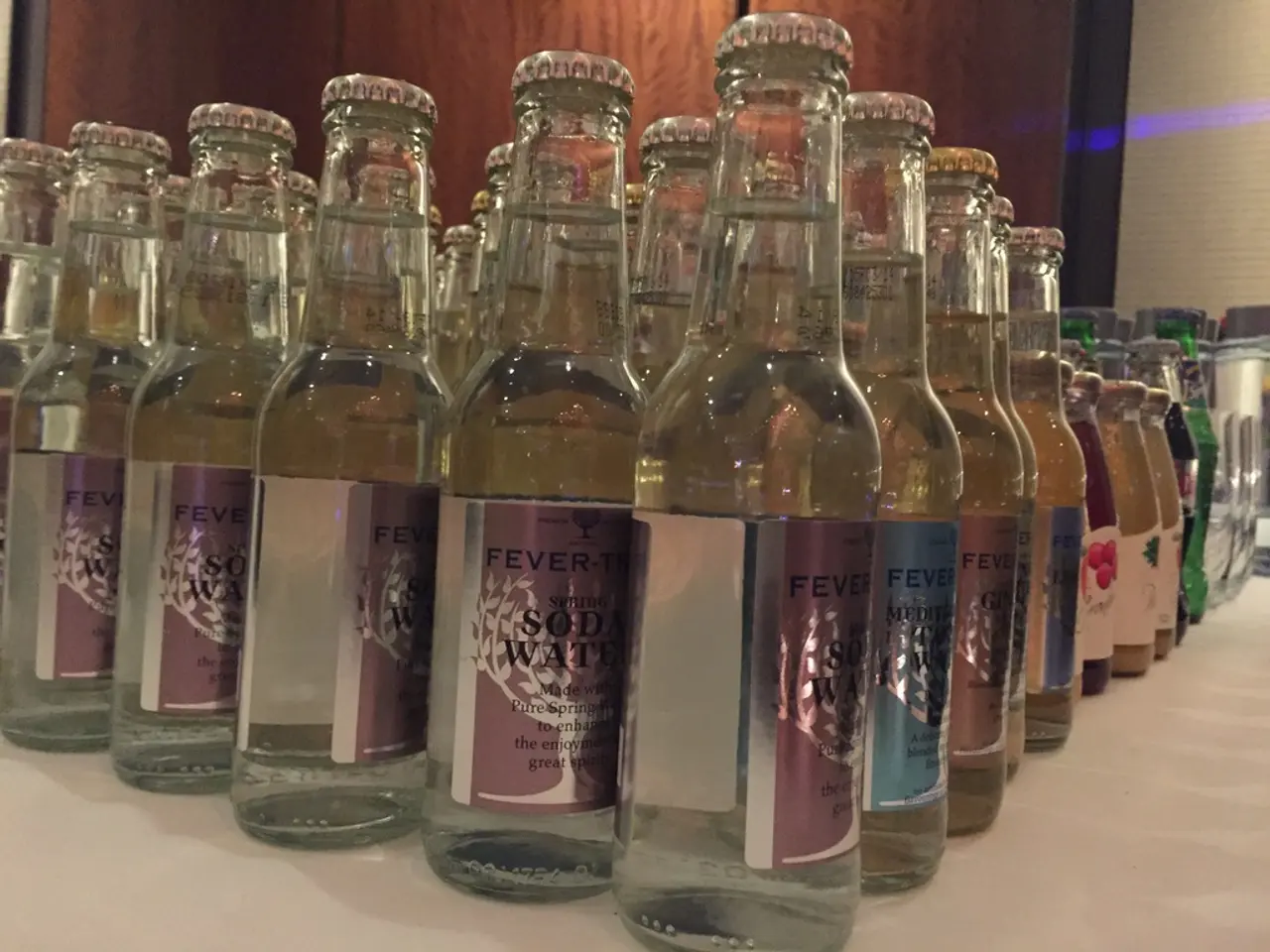Extracting essential oils and hydrosols through the distillation process
In a remarkable display of scientific curiosity and entrepreneurial spirit, students at Toko School in Still Valley have embarked on a unique project to create plant-based cleaning products. Led by teacher Sue Fergus, the students were inspired by a challenge from the school's cleaner to find a natural alternative to help clean classrooms.
The students' journey took an exciting turn when Jim Bennett, an expert in essential oils and hydrosols from native and exotic plants, joined the project. Bennett's expertise proved invaluable as the students tested various essential oils, including lemon, lavender, bay laurel, mint, pine, rosemary, and hinoki cypress, to clean desks.
The results were intriguing. Lemon and hinoki cypress emerged as the most effective cleaners, sparking the students' interest in exploring these oils further.
The project, supported by the Participatory Science Platform (PSP), offered numerous learning opportunities. The students honed their math skills, learning about measurement, recording temperatures, measuring liquids, comparing inputs to outputs, and weighing plant matter. They also gained a deeper understanding of science concepts, such as changes of states of matter, density, and observations of water in its liquid, gaseous, and solid forms.
The students' learning extended beyond the classroom as they visited Pihama Lavender to learn about steam distillation and the uses for lavender oil and hydrosol. This real-world application of science was a significant part of the project, providing hands-on experience that complemented their classroom learning.
Toko School was able to purchase two stills and associated equipment through PSP funding, allowing the students to distill essential oils, such as clove leaf oil sourced from volcanic-rich soils. The process involved heating water to create steam, which moved through the plant material, picking up volatile and non-volatile compounds. The steam condensed, returning to its liquid forms, and the liquids were collected. Essential oil rose to the top or sank to the bottom and was extracted.
The remaining water was a hydrosol, a by-product rich in the plant's aromatic compounds. The students hope that their cleaning products will fund a new series of investigations, further fuelling their curiosity and passion for science.
The project, which is covered in the 2020 article "Making scents," aligns with the government's national strategic plan for Science in Society, A Nation of Curious Minds - He Whenua Hihiri i te Mahara, a joint initiative led by the Ministry of Business, Innovation and Employment, Ministry of Education, and Office of the Prime Minister's Chief Science Advisor.
For more detailed information about Toko School's specific project within the Curious Minds platform, consulting the official Curious Minds website or platform documentation directly would be necessary. However, current search results do not cover this in detail, suggesting that a direct inquiry to Curious Minds might be beneficial.
This project is a testament to the power of hands-on learning and the potential for students to make a real-world impact through science and entrepreneurship. The students' cleaning products are not just a cleaner alternative; they are a symbol of their curiosity, perseverance, and the power of science to transform everyday life.
- Referencing the project, the students' passion for science, health-and-wellness, and education-and-self-development was evident as they explored the production of essential oils and hydrosols, deepening their understanding of changes of states of matter, density, observations of water in its liquid, gaseous, and solid forms.
- In their pursuit of fitness-and-exercise, learning, and health-and-wellness, the students launched various investigations and experiments, refining their math skills in measuring, recording temperatures, and comparing inputs to outputs, while gaining hands-on experience in the real-world application of science through their ambitious project.




